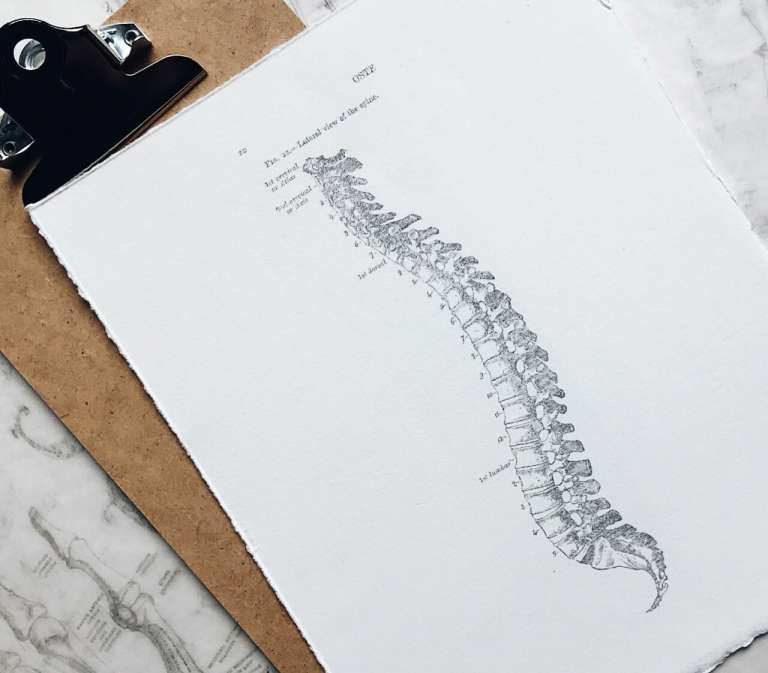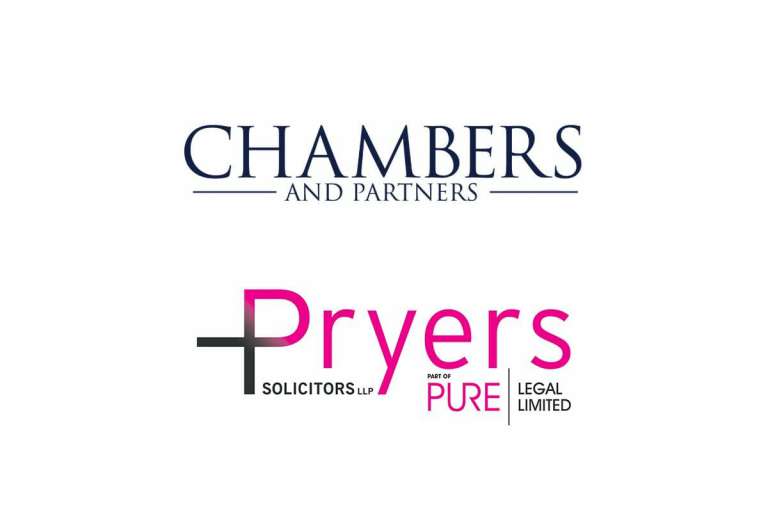NHS England have been accused of denying cancer patients a life-extending drug in an attempt to cut costs.
The £17 billion fund for complex care continuously goes over-budget, putting added pressure on health chiefs.
Simon Stevens, CEO of NHS England, told The Times his harder line on drugs has forced companies to reduce prices. The most recent concern is a medicine to treat chronic lymphocytic leukaemia (CLL), a blood cancer that affects 3,700 people each year and kills 1,000.
A drug called ibrutinib, which inhibits abnormal white blood cells, has fast become the standard treatment. The National Institute for Health and Care Excellence (Nice) approved the medicine last year for routine NHS use for people who had relapsed after chemotherapy, giving the patients a legal right to the treatment.
NHS England has ruled, however, that it will pay for ibrutinib only to treat patients who have relapsed within three years, denying it to an estimated 200 patients a year who have been in remission longer.
Peter Hillmen, professor of experimental haematology at the University of Leeds, an expert on CCL, said: “I was under the impression that if you live in England you had a right to get Nice-approved treatments. We are now told that isn’t the case.”
Professor Hillmen said that it was a “false economy” to make patients undergo further chemotherapy that would have only a temporary effect.
David Innes, chairman of the CLL Support Association, condemned the “lack of transparency”. He said: “This situation is intolerable for CLL patients. To impose arbitrary rules to deny this access is unacceptable.”
NHS England said that the three-year criterion had been imposed because the key trial of ibrutinib looked only at patients who had relapsed within this time, arguing that this was “in the spirit of the Nice recommendations”.
Andrew Kaye, the head of policy at Macmillan Cancer Support, said: “Any rationale for adding extra conditions for how a cancer patient accesses treatment beyond what Nice recommend must be fully explained and backed by clinical evidence.”
Sunil Iyengar, consultant haematologist at the Royal Marsden, in west London, said: “We are denying patients with relapsed CLL a more effective, less toxic treatment with potential reductions in admissions to hospital. The worry is it sets a precedent.”
Richard Torbett, of the Association of the British Pharmaceutical Industry, questioned the legality of the decision. “If a medicine is recommended for use by Nice for patients who would benefit from it, then it’s not appropriate for that medicine to be arbitrarily rationed or restricted by NHS England,” he said.
A spokesman for Nice said: “If a patient has chronic lymphocytic leukaemia and the doctor responsible for their care thinks that ibrutinib is the right treatment, it should be available.”
An NHS England spokeswoman said that ibrutinib was funded “in line with Nice guidance”, which outlined the clinical evidence on which patients were most likely to benefit.





